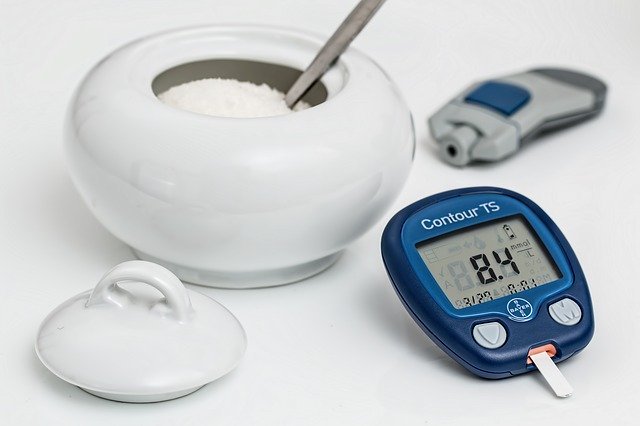
In a new study, researchers found that the function of the heart can be significantly improved in patients with type 2 diabetes through exercise.
They also showed that a low-energy diet did not alter heart function in the same patient group
The research was conducted by a team in Leicester and elsewhere.
Heart failure is one of the most common complications in people with type 2 diabetes, and younger adults with type 2 diabetes already have changes in their heart structure and function that pose a risk of developing heart failure.
The team wanted to confirm the abnormalities in the structure and function of the heart in this patient population using the latest scanning techniques and explore whether it is possible to reverse these through exercise and/or weight loss.
Eighty-seven patients between 18 and 65 years of age with type 2 diabetes were recruited to the study.
Participants underwent echocardiography and a magnetic resonance imaging (MRI) scan to confirm early heart dysfunction, and exercise tests to measure cardiovascular fitness.
They received either routine care, supervised aerobic exercise training, or a low-energy meal replacement program.
The study found that patients who followed the supervised exercise program had strongly improved heart function compared with the control group, and had also increased their exercise capacity.
Whilst the low energy diet did not improve heart function, it did have favorable effects on the structure of the heart, vascular function and led to the reversal of diabetes in 83% of this arm of the study population.
The team says that lifestyle interventions in the form of regular exercise training may be important in limiting and even reversing the damage to heart structure and function seen in younger adults with type 2 diabetes.
While losing weight has a beneficial effect on heart structure, the study shows that on its own it does not appear to improve heart function.
If doctors can empower patients with type 2 diabetes to make changes to their daily routines through exercise and healthy eating, they may help the patients reduce the risk of heart failure and even early death.
By using imaging techniques such as MRI doctors can actually show them the benefits their changes are making to their hearts.
One author of the study is Dr. Gaurav Gulsin, a BHF Clinical Research Fellow at the University of Leicester.
The study is published in the journal Diabetes Care.
Copyright © 2020 Knowridge Science Report. All rights reserved.



